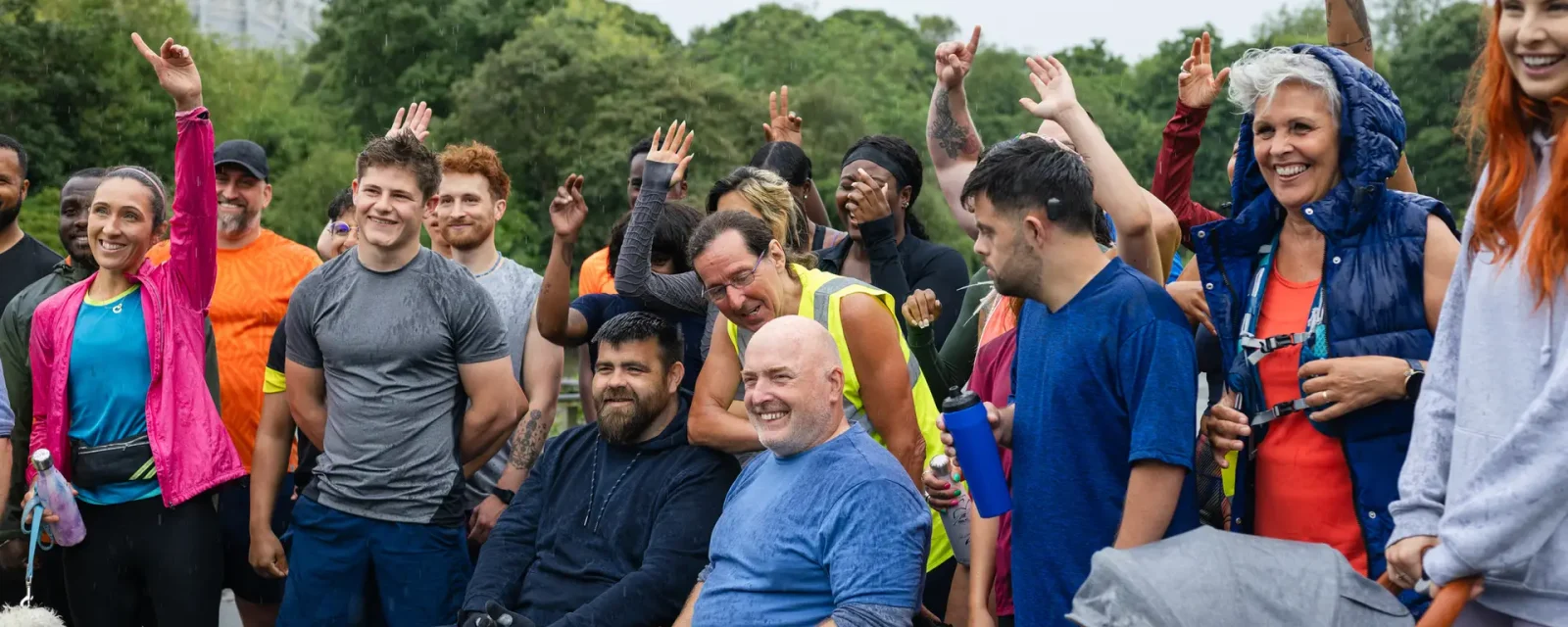Recruiting inclusively
To attract the best talent and support a workforce that reflects the diverse communities that the sport and physical activity sector serves, it’s important to recruit in a way that is inclusive of everyone.

What is inclusive recruitment?
It is not always clear what makes a candidate the best fit for a role, and there is potential for bias to creep in when making decisions. Recruitment can be a very subjective process, which makes it particularly susceptible to biases and there is strong evidence that marginalised groups such as people from ethnic minorities, low-income backgrounds and those with disabilities face discrimination in recruitment contexts.
Because of this, it’s important to seek out ways to proactively ensure that you remove as much bias from your recruitment process as possible.
Inclusive recruitment is the process of connecting with, interviewing and hiring a diverse set of individuals through understanding and valuing different backgrounds and opinions. With a greater understanding of unconscious bias, you can create a more inclusive process and attract diverse talent.
CIPD inclusive recruitment support
The Chartered Institute of Personnel and Development (CIPD) offers a wide range of resources, created by recruitment experts, to support you through every stage of the process and ensure that you are being inclusive. This ranges from using the right language in job adverts that attracts diverse applicants to evaluating candidates fairly post interview.
Guide to employing disabled people
National charity and CIMSPA partner Aspire have published a guide to employing disabled people in the sport and physical activity sector.
Although 1 in 5 of the working-age population in the UK are classed as disabled, only 52% are employed compared to 81% of non-disabled people, and there are indications that the employment gap is far greater within the leisure sector workforce.
It is recognised by many sector stakeholders that sport and physical activity work is often portrayed in narrow terms that lacks diversity and inclusivity.
In March 2022, EmployAbility Leisure was launched, which is an initiative to create more accessible and inclusive training and workplaces for disabled people in the leisure sector.
This project was initially led by Aspire, funded by Sport England and supported by a coalition of national organisations (Activity Alliance, CIMSPA, Community Leisure UK, EMD UK, ukactive, UK Coaching) academics (Professor Brett Smith and Dr Juliette Stebbings) and disabled professionals (Michelle Felix, Lee Welch and Sam James).
As a result, three guides have been released to support the sector to attract more disabled people to the workforce – one aimed at employers, one for disabled people and another for training providers and awarding bodies.
The evidence-based guidance is based on research with disabled people and those involved in leisure sector training, recruitment, and employment. The research was conducted by Professor Brett Smith from Durham University and Dr Julliette Stebbings from the University of Portsmouth.
Guide C for employers, ‘Employing disabled people in the fitness and leisure sector’, provides guidance about inclusion and how to become a disability confident employer and recruit and develop more disabled staff.
The purpose of Guide C for employers is to offer information and recommendations for leisure sector employers. It details how to develop policies and practices that enhance accessibility for disabled staff, that are underpinned by an inclusive workplace culture. More specifically, how to:
- reach disabled people and attract them to opportunities in your organisations
- create an inclusive environment for all staff
- provide reasonable adjustments to ensure disabled people are not substantially disadvantaged compared to non-disabled people when searching for, applying for and undertaking job roles.
The project is now taken forward by the coalition of partners and together we promote and support careers in the sector as an attractive and achievable option for disabled people.